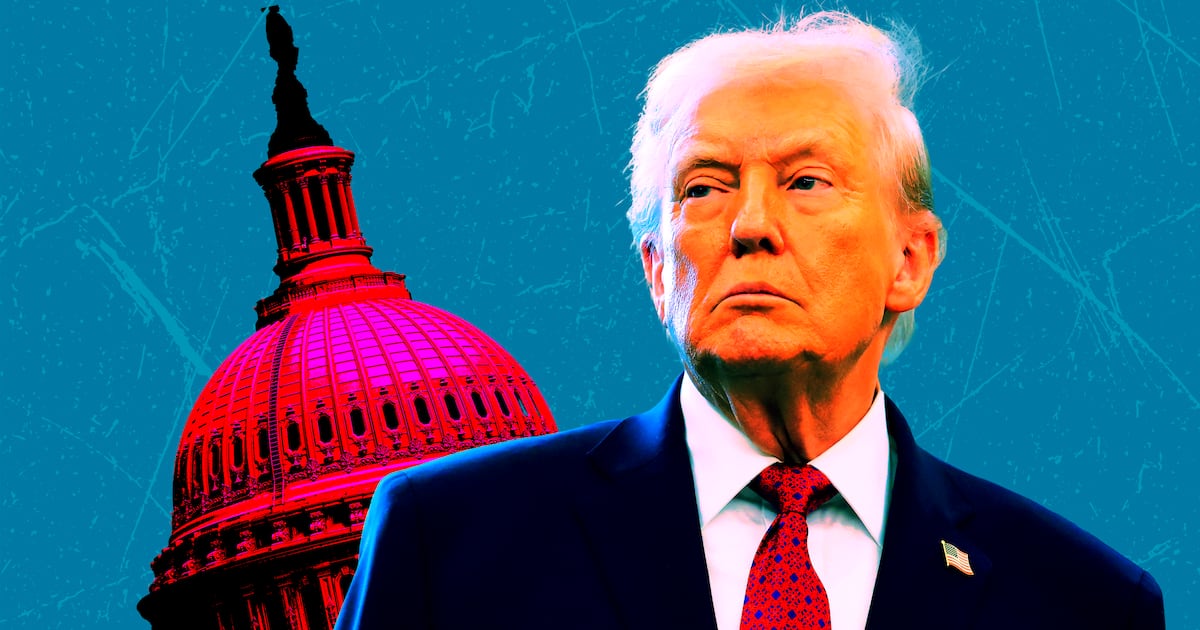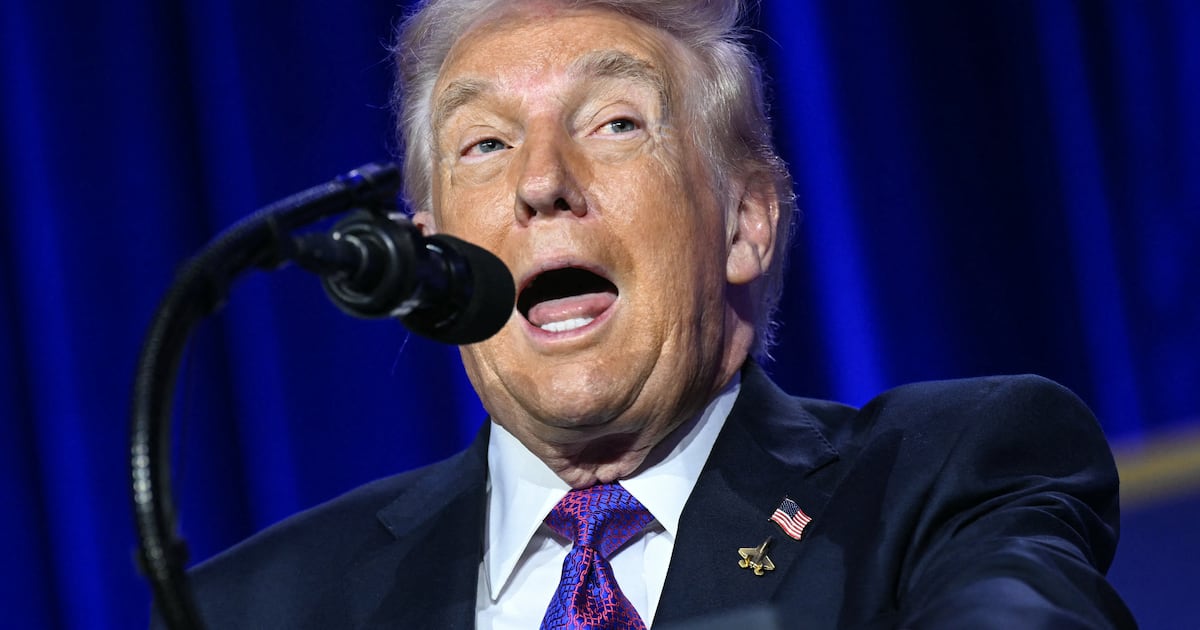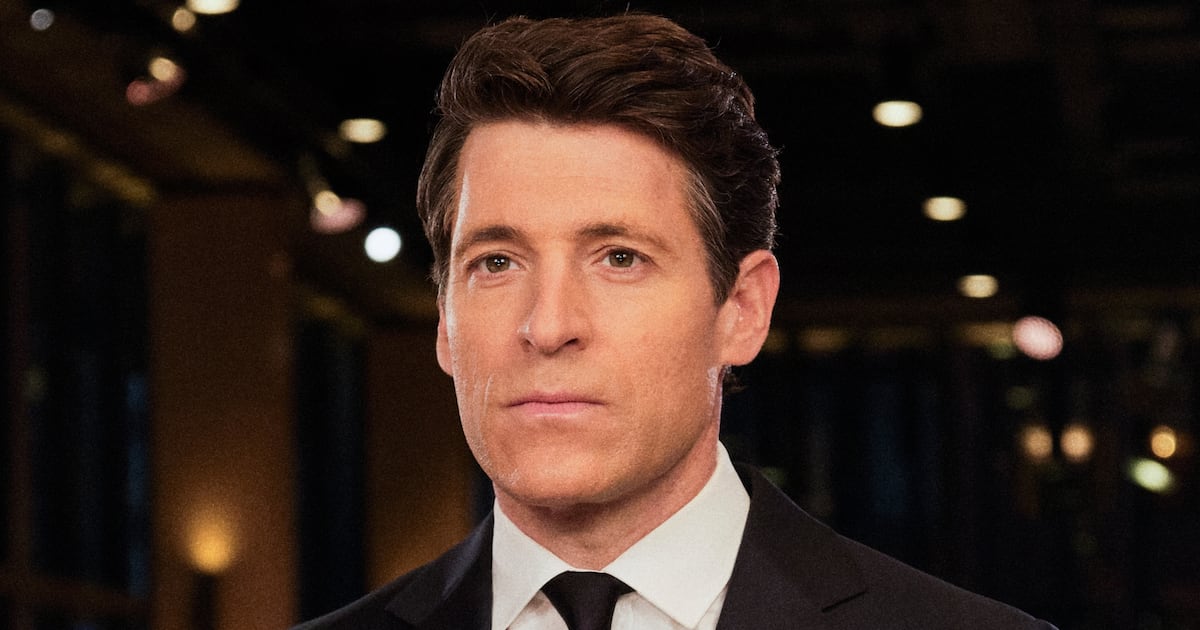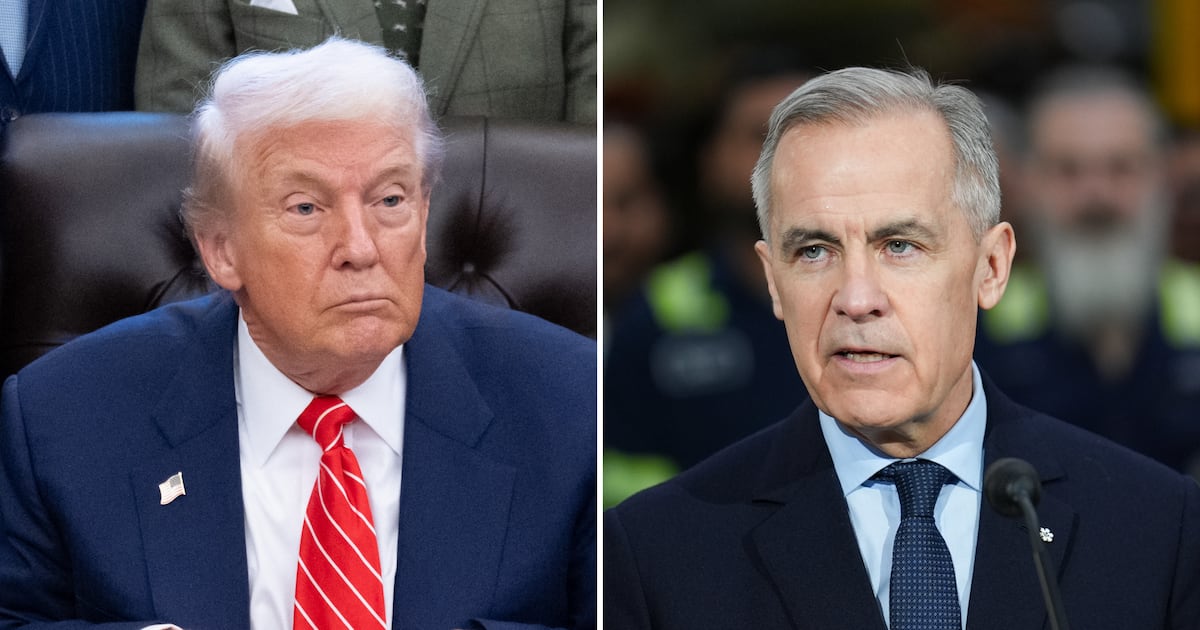Try to imagine having a young child die in a horrific mass shooting. Now, imagine spending a decade being attacked and mocked by a mob of nutjobs who claim your child never even existed. These people show up at your home, demanding to see your now-murdered child. Some even go so far as to make rape threats and desecrate your baby’s grave.
All of these things happened in real life. And responsibility for all of those horrors that came after the massacre can be attributed to the repeated actions of one man: Alex Jones.
This week, we began to see a glimmer of hope that there might be some consequences for engaging in these disgusting and harmful lies. A jury had already found the conspiracist Infowars host liable for defamation, and this week that jury ordered Jones to pay nearly $1 billion in damages to the families (with more possibly to come at a later date). Good.
Jones, at various points over a decade, screamed to his audience that Sandy Hook was a “giant hoax.” Numerous examples exist. Here’s just one from 2015: “Sandy Hook is a synthetic completely fake with actors, in my view, manufactured,” Jones said.
This summer, as the legal walls were closing in on him, Jones finally admitted the attack was “100 percent real.” But when the jury’s decision was handed down on Wednesday, he said on his show, “Do these people actually think they’re getting any money?”—before asking his audience to send him more money.
Despite all of this, some on the right want to cast Jones as a First Amendment martyr and victim of “the regime,” not as someone who has profited from years of heinous and indefensible incitement.
Now, if you or I hatched some crazy conspiracy theory at home, it is doubtful anyone outside our families would care. But what if we had an army of thousands or even millions of supporters who believe our bullshit—and take matters into their own hands? Should there be consequences for the fallout or collateral damage you inspire?
For a long time now, there has been a sense that consequences don’t exist. Donald Trump acted with impunity for years, and he likewise extended this sense of lawlessness by pardoning allies like Steve Bannon—who bilked supporters and inspired conspiracy theories. This summer, Bannon was found guilty of contempt for Congress and will be sentenced later this month. We will have to see to what degree he faces any consequences.
In recent years, we have been reminded that it is dangerous to allow people with huge megaphones to wantonly incite people. We saw it when the “pizzagate” conspiracy theory resulted in a man with an AR-15 showing up at a D.C. restaurant. We saw it when Donald Trump’s tweets and rhetoric culminated in the Capitol riot. And, of course, we saw it when Alex Jones’ minions tormented the grieving parents of Sandy Hook.
For things to change, consequences need to be enforced—and not just for the little guy. Stiff sentences for the Jan. 6 rioters, for example, may send a message to some would-be rank-and-file offenders. But what about the people who profit from spreading toxic messages? It’ll take a lot to change their business incentives.
One could argue that Jones was merely a shrewd showman who identified and capitalized on a potential market. His financial upside, by far, outweighed the downside of getting a wrist slap and paying some pissant fine. And because of the fragmentation of our media landscape and the degradation of the right, Jones suffered no reputational or moral consequences for his actions. As The Bulwark’s Charlie Sykes writes, “Instead of being shunned or marginalized, Jones found that lying was a lucrative business model that leads to celebrity and political clout.”
But will that change now? I think there’s a chance.
The magnitude of this verdict means that Jones’ business can't survive this. Previous lawsuits were a ding in his multi-million dollar grifting, but this blows up the entire business model. And even if Jones can somehow sustain it, I think this might chasten would-be imitators. If you want to be a conspiracy theorist maniac, there’s now a line you can’t cross. You can market disinformation, but if it leads to people being harassed, you’re going to pay for it. If we’re lucky, this could end misinformation and slander as a business model.
Jones’ supporters can try to wrap themselves in the First Amendment, but there are limits to free speech, even among hardcore free speech warriors. And defamation with actual malice is not protected speech.
Alex Jones is (or was) a powerful media figure. But the reality was that he was spreading fake news. Some might even say he was an enemy of the people. His time is up.









